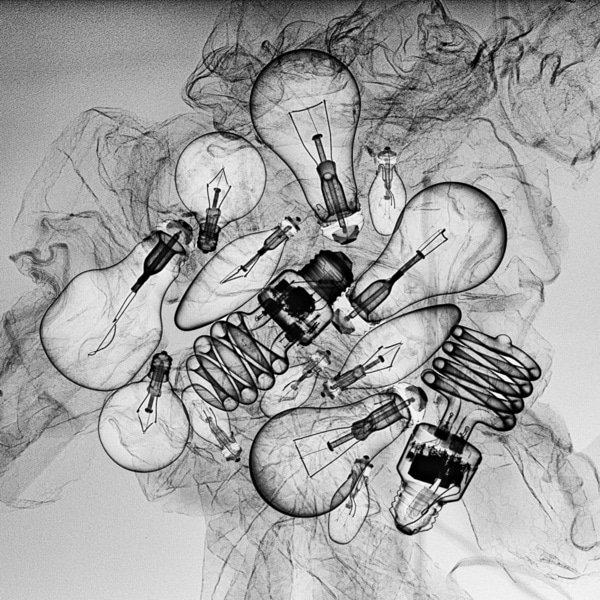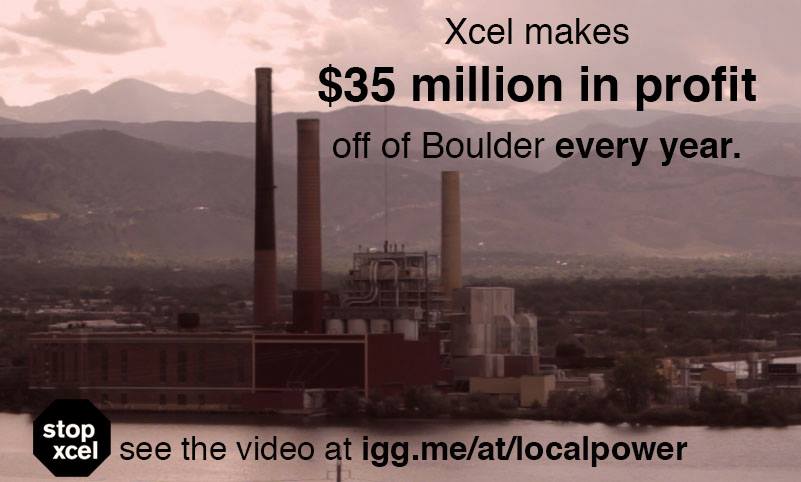
You know how to really piss off a lot of people? Mention “free energy,” “zero point fluctuation,” “perpetual motion,” “overunity,” or any number of things that relate to breaking the first law of thermodynamics, which is a great song called the Law of Conservation of Energy. I love that song!
Energy can not be created or destroyed, it can only change form. This is the first law of thermodynamics. Generally, the first two laws of thermodynamics are about the quantity of energy and quality of energy. The first law of thermodynamics ostensibly says that the amount of energy in the universe stays the same. Quantity. The second law of thermodynamics says that as energy is transferred or transformed, more and more of it gets wasted. Quality. The Second Law also states that there is a natural tendency of any isolated system to degenerate into a more disordered state — meaning if you put something hot next to something cold, the heat transfers from the hot thing to the cold thing until both things are the same temperature — entropy. Disorder. You know that huge heat sink on the back of a VL5, for example? That is to dissipate the heat energy (thermal energy) from that very hot lamp in the direction of the heat sink and not into all of those gorgeous pieces of dichroic glass and all of the little mounts that keep them where they are.

There is a thought among people that are considered crazy by many, many people that you can perhaps break the first law, the Law of Conservation of Energy, or maybe the second law of thermodynamics. James Clerk Maxwell was the guy in the late 1800’s who brought the ideas of light, electricity, and magnetism as basically three different manifestations of the same phenomenon, electromagnetic radiation. I have all four of his theorems tattooed on my arm. He postulated that there might be a way to break the second law — he called this his Demon. Maxwell’s Demon.
Imagine two chambers of gas connected by some boundary. What if you could have a little “thing” that allowed the fastest molecules of a gas, for example, to cross that boundary and let one thing warm up slowly as the other thing cools? The amount of entropy would decrease, perhaps, and there would be less tendency towards disorder, completely screwing up the second law of thermodynamics. But: if you could let your mind wander for a while, can you imagine how awesome it would be if heat dissipating from something hot to something cold didn’t cause as much damage? Can you imagine how this would impact the design of LED fixtures, discharge fixtures, tungsten-halogen fixtures, and pretty much anything in the world that is hot if we could slow the rate of energy being wasted in the form of heat?

I absolutely love posting these types of ideas because the backlash that I get from them is nearly as interesting as the information itself. You would not BELIEVE how people get passionate about this topic — “breaking the laws of thermodynamics?! Not a f**king CHANCE!” Generally, things like “perpetual motion” machines are devices that create energy — something that puts out more energy than it uses to put out energy. Not a chance, that breaks the first law of thermodynamics, right? We pay the electric company a lot of money to make electricity to power our shows. Can you imagine if something existed that stopped them from having the monopoly on that mega-sized source of income? What if there was a machine where just a slight bit of energy was required to start it moving or working, but after a while it would stop and need to be started again? Technically not a perpetual motion machine, but isn’t that close enough? Not to the true believers.
Here’s a little side note for all of the people who are about to lose their minds:
Richard Feynman and Al Hibbs were fascinated with what they called “self-actuating” machines. Perpetual motion devices. Overunity. Al Hibbs was called the “Voice of the jet Propulsion Laboratory” at NASA, Richard Feynman was one of the smartest physicists on earth and helped solve what happened to the shuttle Challenger.
No, I’m not a conspiracy theorist. I’m also not a relativistic physicist, obviously. But what if something was developed that put out more energy than it took in? That would violate the laws of thermodynamics big time. It would also throw our theoretical models of the universe into a gigantic clusterf**k. Imagine if you will what would happen if you could make something that would stop you having to pay for juice to power your stuff. That’s about as big of a rule breaker as having a solution to the problem of having to burn oil to make things work. That’s crazy talk!
Look up the name Stanley Meyer and his water fuel cell. He’s dead now, but he got sued to bejesus for inventing something that used water as a fuel source:
Now this next guy — the person you’re about to hear is Lieutenant Colonel Thomas Bearden, who gets a lot of really negative things said about him because he postulates that there is usable energy in a vacuum — that there is a chance that something akin to the ability to manufacture energy could potentially exist. Sound crazy? It might be. What if it isn’t? I don’t know either way. But I love to hear these passionate people talk about what they believe in, there is nothing more engaging than someone who believes in something down to their very core. Just watch some of this — some of it’s kind of rambly, but can you just imagine? Give this a watch — he’s a bit of a conspiracy guy, saying that the reason that this technology doesn’t exist is because the power companies don’t want it to exist:
Bearden was US Army, has a PhD, and isn’t an idiot. Here’s the full interview:
What do you think? Let the shit show of commentary begin! And just think — all I did was pose an alternate idea to how things are now. We use coal, oil, and natural gas to power our world. We have been trying to use wind, solar, geothermal, and tidal power to supplement or even replace those fossil sources. Our politicians aren’t going to let that happen right now, at least not in America.
Some reading material for the next time you’re using your phone on the toilet:
James Clerk Maxwell on Wikipedia
Khan Academy video — Conservation of Energy
The Second Law of Thermodynamics
NASA: First Law of Thermodynamics




